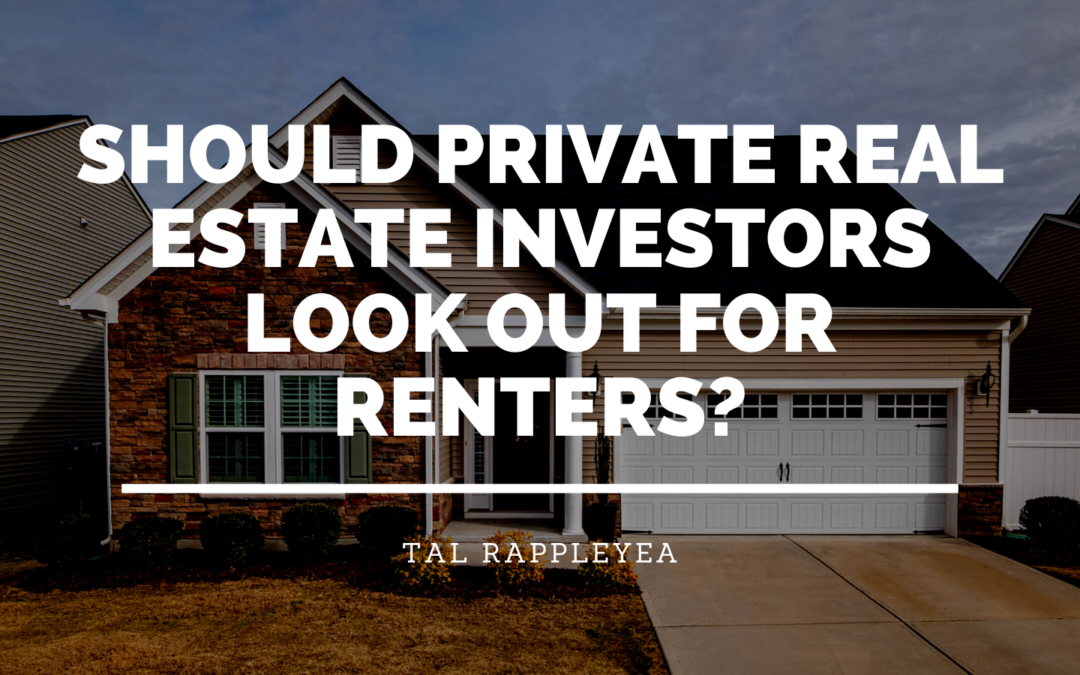As 2020 rolls on into 2021, with a global pandemic continuing to ravage the U.S. economy, millions of unemployed or underemployed Americans press on in the daily struggle of making ends meet and providing for necessities such as food, medical expenses, and utility payments. COVID-19’s destruction has also left thousands of struggling individuals with the dilemma of covering these expenses with meager resources or paying rent to their landlords.
Many larger corporate rental companies responded by offering renters flexible payment options in the early stages of the pandemic without incurring late penalties. But for private investors or landlords operating smaller businesses with fewer reserves and resources, such opportunities were not as feasible. And as the pandemic stretches into a new year, the question remains: do real estate investors have a responsibility to look out for their renters?
The National Multifamily Housing Council estimates that over 39 cents of every $1 of a rental payment go towards payment on the property’s mortgage. In comparison, just 9 cents is returned to the owner as a profit. In light of this statistic, it’s no surprise that even the most well-intentioned businesses or investors have become strained in this pandemic era. Although it’s a matter of time before most eviction courts resume business as usual, many investors are hesitant to pursue evictions or even collections or write-offs as a means of solving their non-payment deficit.
While emergency government assistance has and may continue to help cushion the blow, there are other ways that investors can work with struggling renters while protecting their investments and addressing their financial obligations. One potentially effective investment strategy would be to offer an affordable, monthly paydown plan of a past due balance for a renter that has recently returned to work to guarantee repayment. Another option could be to offer a lease extension, which would relieve renters of the pressure to relocate and enable them to provide for their household essentials while maintaining affordable housing as they recover economically.
Overall, maintaining good relationships with renters is key to preserving an investor’s professionalism and sound business practices while maintaining social consciousness and responsibility in the era of COVID-19.
